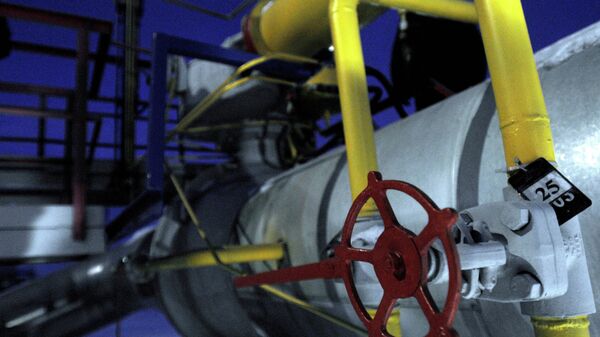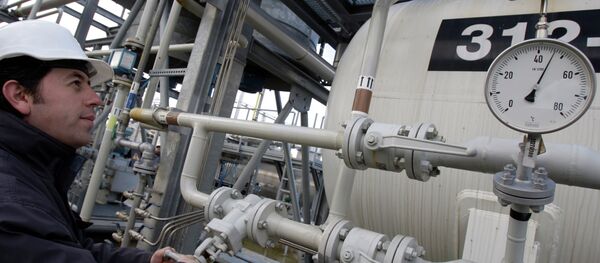"Turkey, despite its economic difficulties mainly due to the sanctions, has the tendency to regard Russia as a rising power, especially when compared with the West," Nilgun Arisan Eralp, director of the EU Institute at the Economic Policy Research Foundation of Turkey, said.
Turkey did not join the United States, the European Union and a number of their allies in imposing economic sanctions on Moscow after the Black Sea peninsula of Crimea voted to break away from Ukraine and rejoined Russia in March 2104.
Eralp also said that the European Union remained Turkey's biggest trade and investment partner, but cooperation with Russia was also growing.
In December 2014, Russia closed its long-time South Stream project, citing Brussels' opposition to the gas pipeline. Instead, Russian energy giant Gazprom and Turkish pipeline corporation Botas agreed to construct a Black Sea gas pipeline with an annual capacity of 63 billion cubic meters.
The first leg of the Turkish Stream pipeline is scheduled to be completed by the end of 2016.
Turkey is a NATO member and supports "moderate" Syrian opposition, fighting against President Bashar Assad, unlike Moscow.



